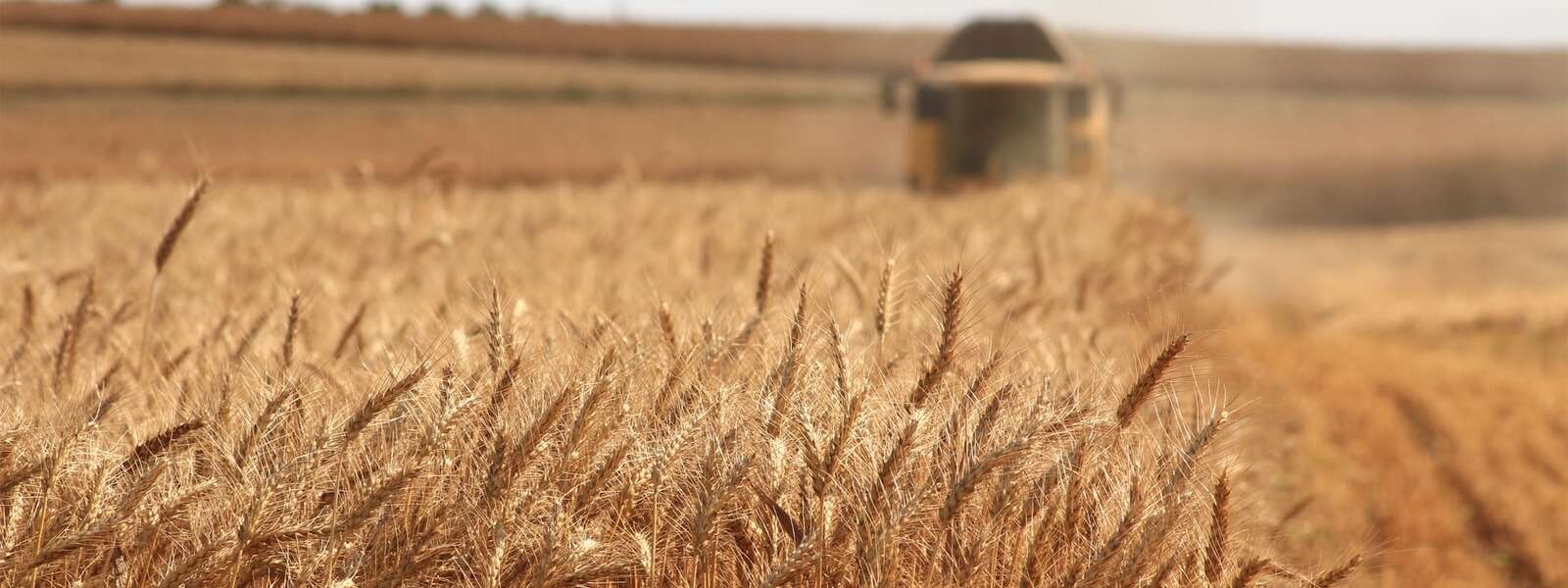Food prices have been on the rise since last year, and U of G food and agricultural economists say Russia’s invasion of Ukraine has only made the situation worse.

Drs. Mike von Massow and Alfons Weersink, both professors in the Ontario Agricultural College within the Department of Food, Agricultural and Resource Economics, said the invasion will have short-term effects on the global food supply chain and possible long-term consequences, too.
Von Massow studies the structure and performance of food value chains and their responses to changing consumer preferences. Weersink researches the feasibility of new agricultural technology and policy.
Both Russia and Ukraine are major wheat producers accounting for 30 percent of all exports, said von Massow. While most of the product heads to the Middle East and to Africa’s north, the halting of production in Ukraine, the “breadbasket of Europe,” will influence global food security and supply.
Rising prices

Russia’s invasion has prevented Ukrainian farmers from maintaining the supply of and demand for wheat products, and because of that disruption, wheat prices have risen.
And while that will have an impact on consumers, much ultimately depends on the farmer’s share of the food dollars spent by consumers.
This is especially true for developing countries, where a stronger correlation exists between wheat prices and bread prices, explained Weersink. There, the farmers’ share of their food dollar can be close to 50 per cent, higher than in countries like Canada and the United States where it’s four per cent per loaf of bread and 19 per cent for flour. That all means that where farmers have a higher share of the food dollar, there will be higher food prices.
“Higher wheat prices will translate into higher food prices for all,” said Weersink.
Unstable food security
Von Massow and Weersink point to Engel’s Law to explain the impact of prices on consumers.
“The relative effect of any food price increase will also depend on the share of income spent on food. This share declines with the wealth of the nation or consumer,” said von Massow.
While the prices can be absorbed by the average Canadian household, “it will lower the amount of disposable income for other goods and services,” he explained, adding that “food price increases take away income for things like leisure activities.”
But for those in developing countries or poorer domestic households, food security may be compromised since they may not be able to divert income from other expenditures. Mitigating these risks to food security, said von Massow, requires allowing the food trade to continue by avoiding sanctions on Russian food exports, for instance, or not implementing export bans.
“However, the only way to ultimately reduce the impact is to stop the conflict in Ukraine and get wheat flowing again,” Weersink said.
Recently, von Massow and Weersink analyzed the impacts on food prices caused by Russia’s invasion of Ukraine in a commentary for The Conversation Canada and on CBC Radio broadcasts throughout Canada. Von Massow discussed the global consequences of the rising wheat prices with BNN Bloomberg as well. Both he and Weersink are available for interviews.
Contact:
Dr. Alfons Weersink
aweersin@uoguelph.ca
Dr. Mike von Massow
mvonmass@uoguelph.ca
